In this month’s regular column from CEJA (European Council of Young Farmers), Massey Ferguson speaks to Matteo Bartolini, CEJA President, about the role of women in family farming.
MF: 2014 is the International Year of Family Farming. Clearly, women have a key role to play here.
MB : Yes, in the context of the International Year of Family Farming, it is essential that CEJA does not miss this crucial opportunity to highlight the most important elements of the world’s traditional agricultural model - the future generation of farmers. For this, we need both young people and women to stay in rural areas. The significance of these elements should not be underestimated. There are key challenges faced by young people, including young women, across the world when attempting to enter the agricultural sector by taking over the family farm. The challenges confronting young farmers in Europe are much the same as they are in the rest of the world, particularly in relation to the family farming model. However, it does seem that women, and young women in particular, have more challenges in other regions, especially in a number of developing countries, due to their lack of legal, economic and social status. This is an issue that needs serious care and attention on the international stage in order to ensure the continuation of the family farming model.
MF: What is the situation in Europe?
MB: In the European Union (EU) women account for around one third of heads of farm holdings. However, there is a major lack of young farmers – especially young female farmers. It also seems that female farmers are less formally educated and trained in agriculture than their male counterparts, despite the fact that across other sectors, they consistently achieve higher qualifications. This therefore suggests that, even for female heads of holding, a future in agriculture may not have been their original choice of career, as they had not elected to be formally educated or trained in the subject area. For young farmers, in particular young female farmers, it is essential that the attractiveness of the agricultural sector is promoted to them – especially those who are due to take over the family farm. It is also important to make vocational education and training in agriculture widely available, accessible, attractive and respectable to both male and female young people.
MF: How is CEJA getting involved?
MB: In the drive to attract more women to careers in agriculture and rural areas, CEJA is currently taking part in the MWE: Mentoring Women for Entrepreneurship Project. This initiative aims to create new training courses and social networks for women in rural areas. Thus, we hope to foster and inspire the entrepreneurial spirit of young women in rural communities in order to improve their social and professional status and gain equal gender rights across Europe. CEJA also encourages young women to promote their activities at EU level, for example, in terms of innovation and other best-practice projects, in order to raise awareness of women farmers and their successes and achievements.
MF: What are the barriers to entry into agriculture?
MB: Most importantly, barriers to entry to the sector consist of access to land and credit, particularly for young people. In addition to this, a key similarity between the barriers standing in the way of young farmers and women is the lack of rural infrastructure both in Europe and around the globe. For example, both women and young people need good education services, social infrastructure, accessible health services, better accessibility including phone and internet coverage, and enough attractive job opportunities. It is important that investment is made in these goods and services if we are to ensure that women and young people have incentives to stay in rural areas to bring up their children, to forge a career or to settle down with their families. Much work needs to be done for women farmers, particularly with regard to increased recognition of women in the agricultural sector and the part they play in the management of many successful farming enterprises. It is vital to keep both women and young people in rural areas if the European family farming model is to be a sustainable one.
MF: How can this benefit society as a whole?
MB: The EU has sent out an important political signal in this respect with its young farmer support in the new CAP. However, this must be mirrored elsewhere in the world and go further still in Europe. Events taking place under the auspices of the International Year of Family Farming are important activities in this vein. This UN year should be celebrated across the world in order to inform the general public of the importance of the family farming model to our way of life, food production and environmental conservation. We must come together to promote the benefits of the model and ensure its survival which can only be done through increased public support of young people and women in agriculture and rural areas. It must be demanded by the public at large and not just by farming representatives. Society as a whole, not just farmers will benefit from a more accessible agricultural sector.
If you would like to get in touch with Mr Bartolini or CEJA, email allusers@ceja.eu
Go to: Massey Ferguson Global Facebook page
Go to: CEJA Young Farmers Facebook page

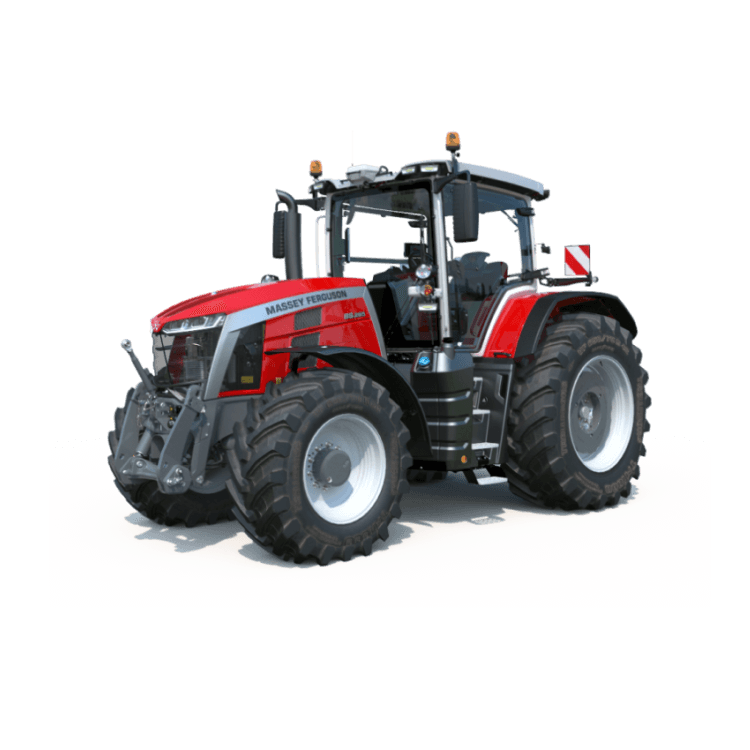
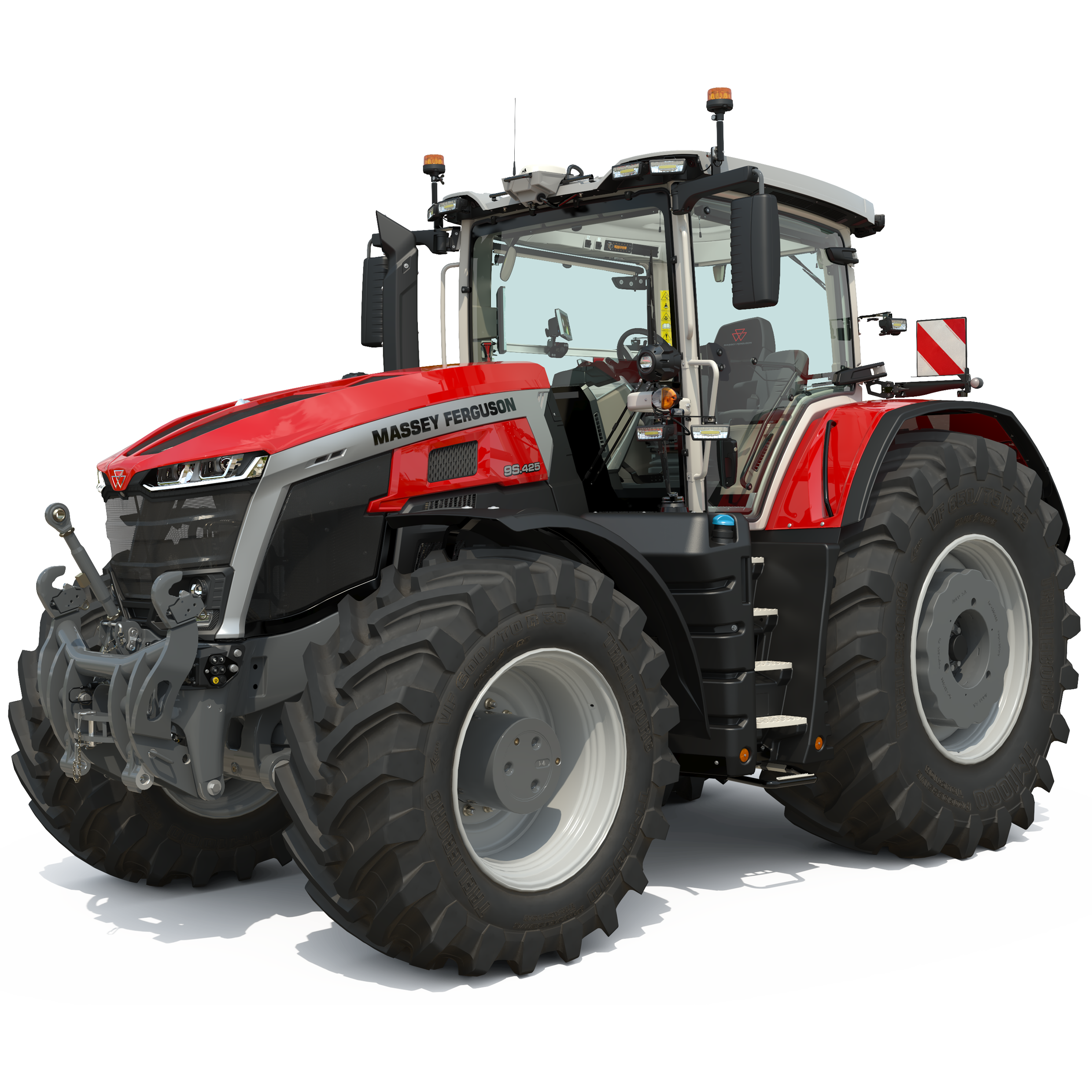
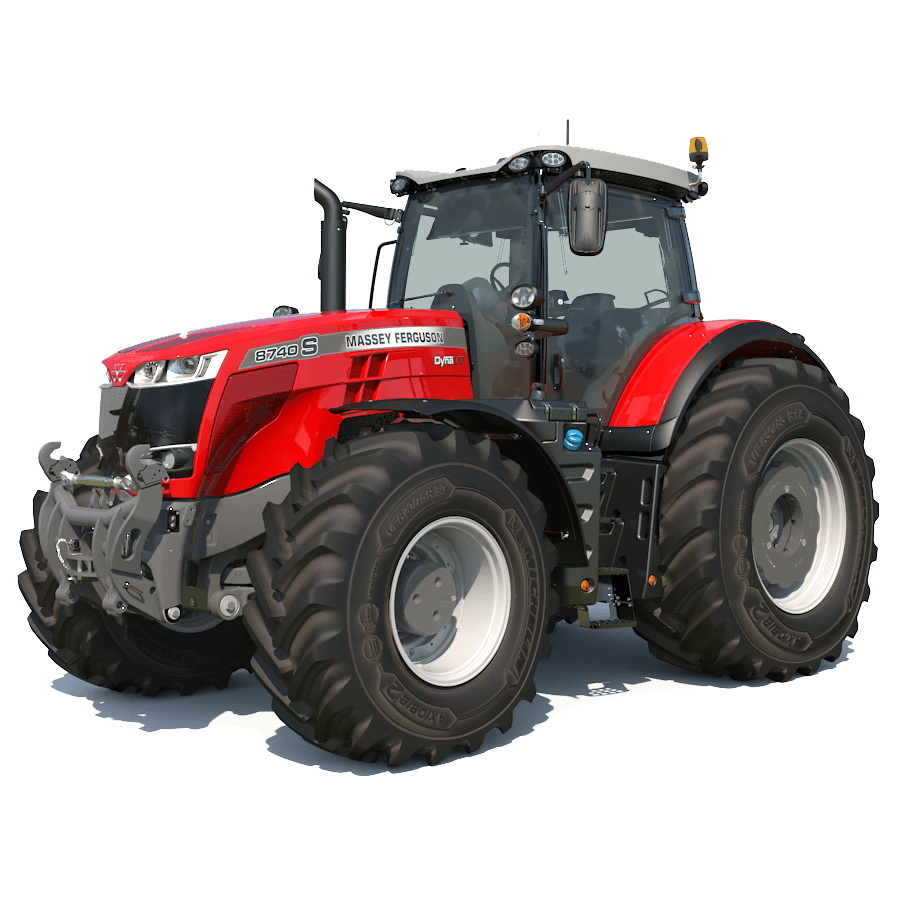
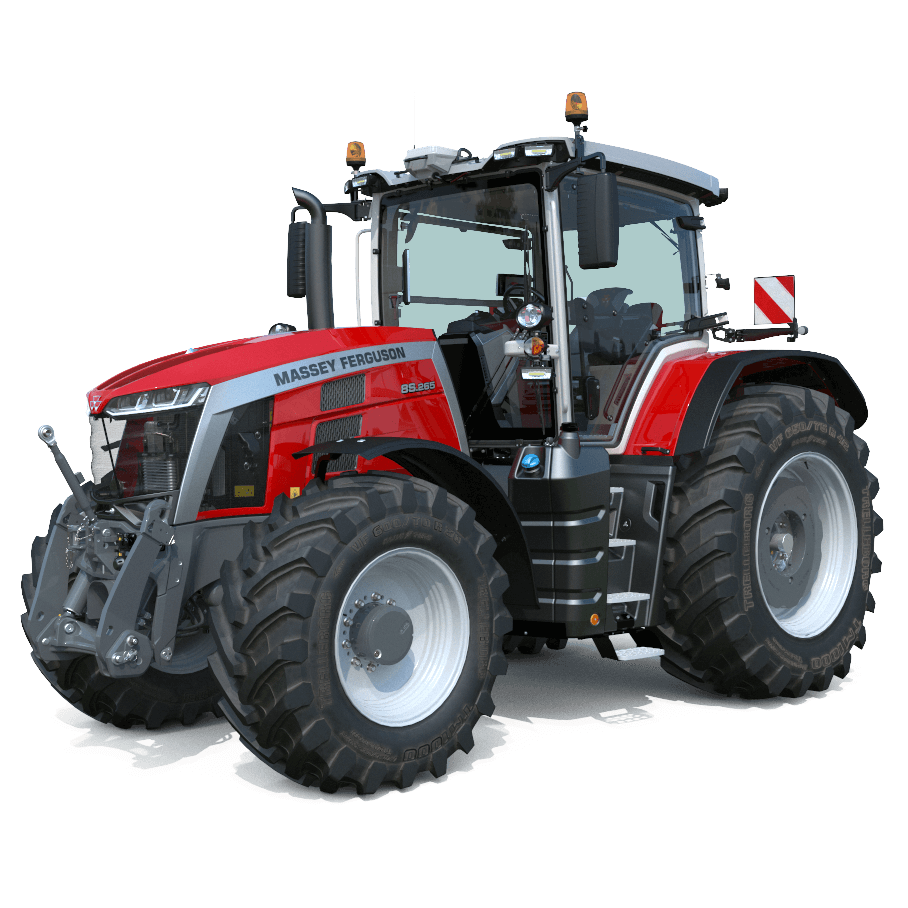
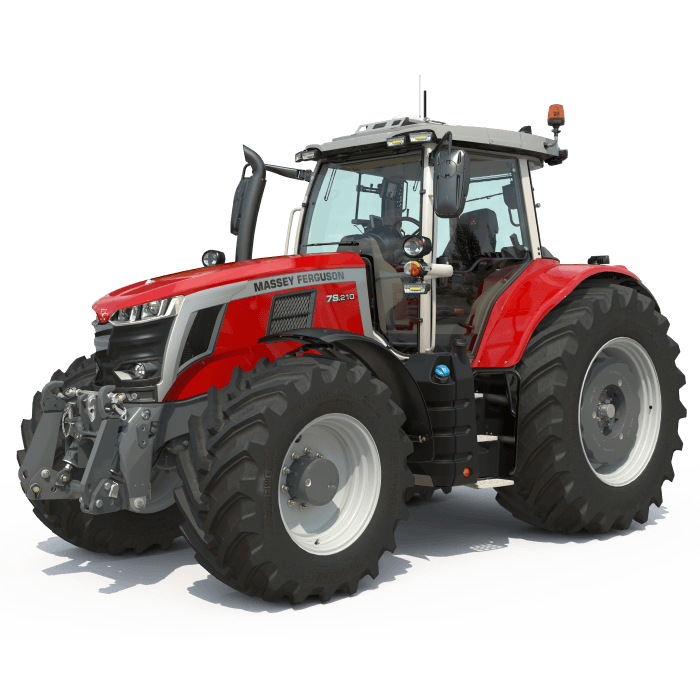
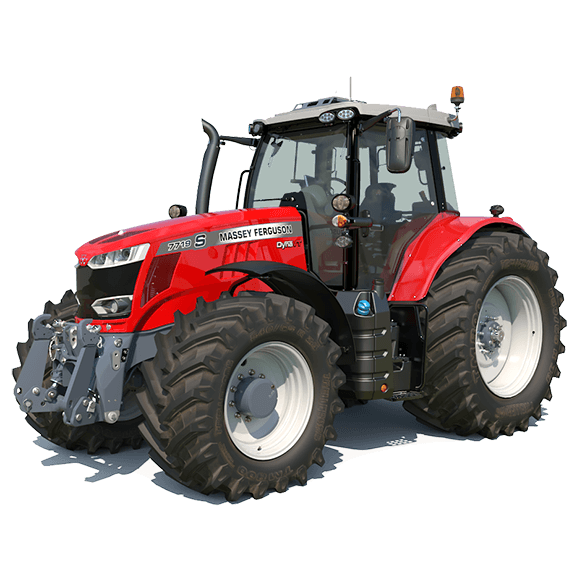

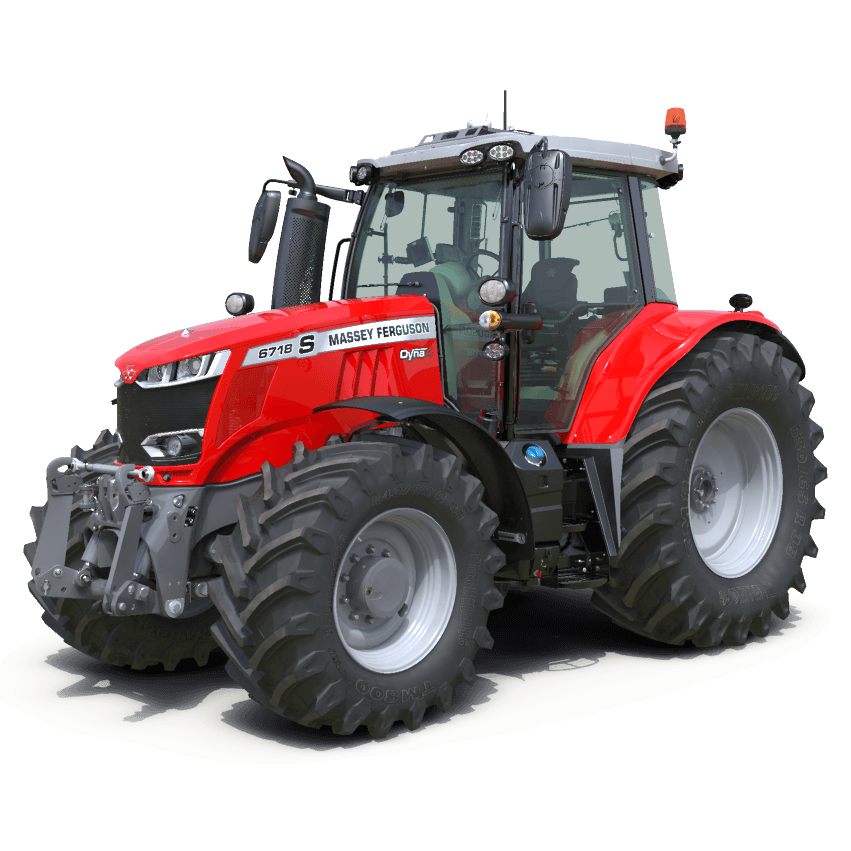

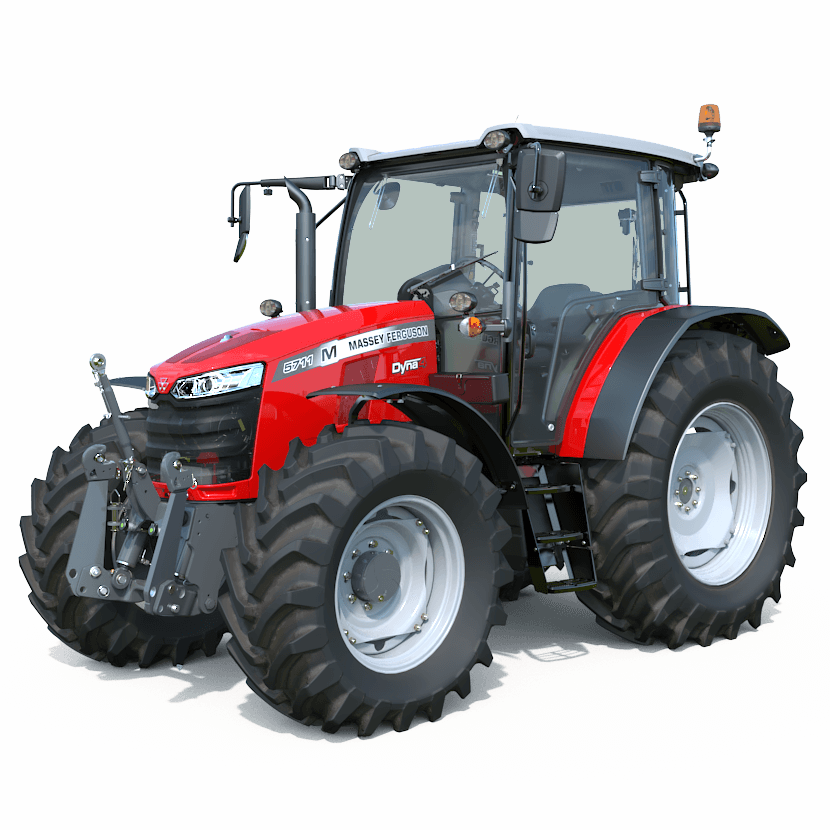
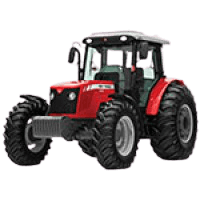
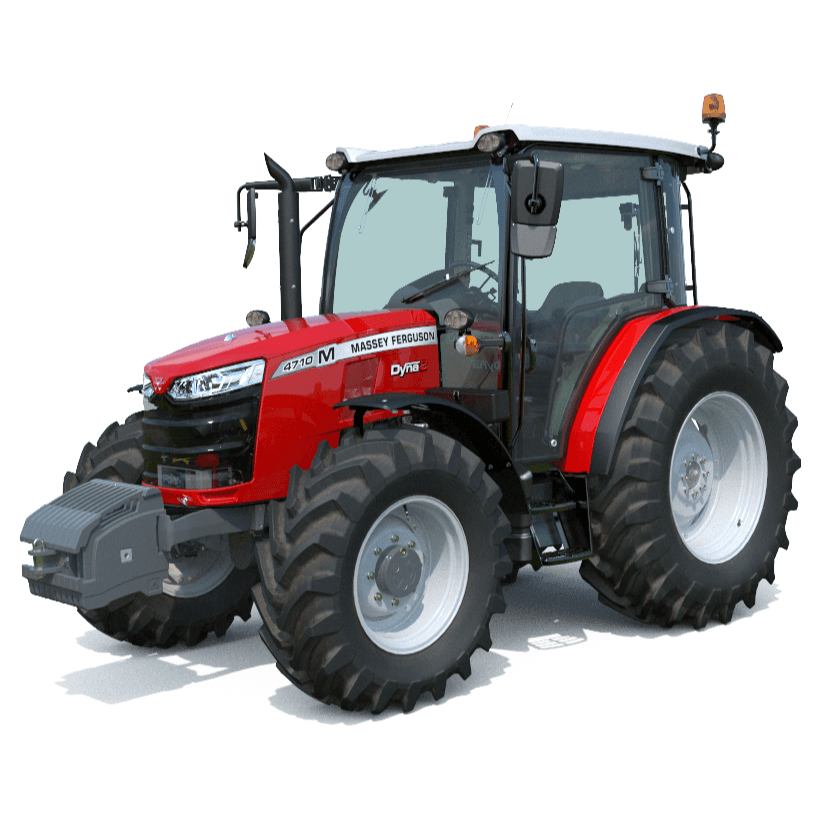
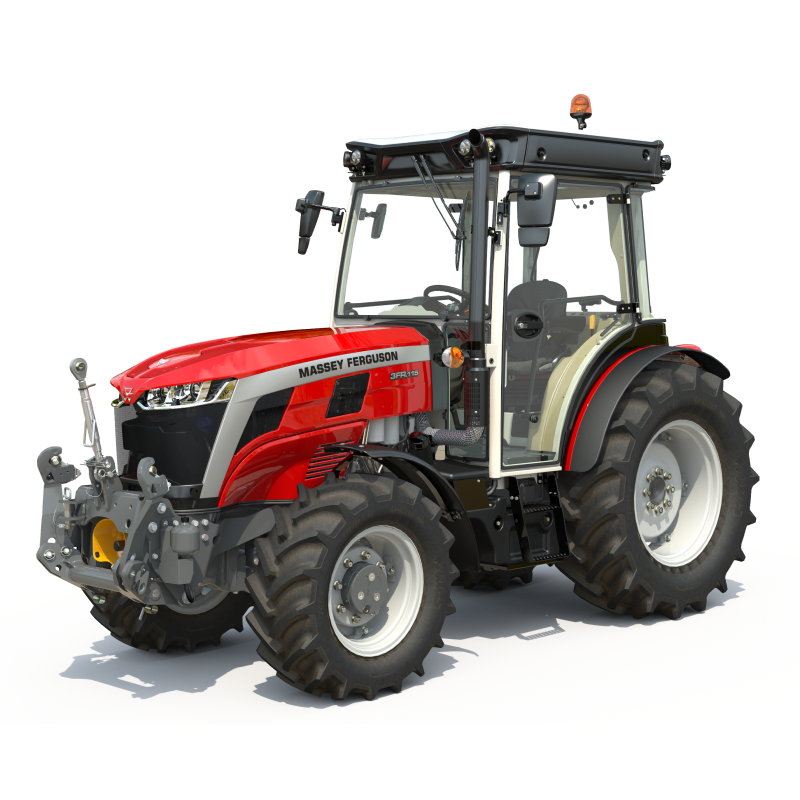
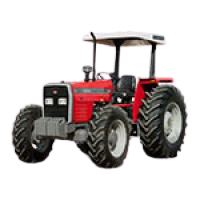
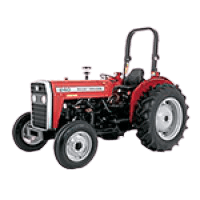
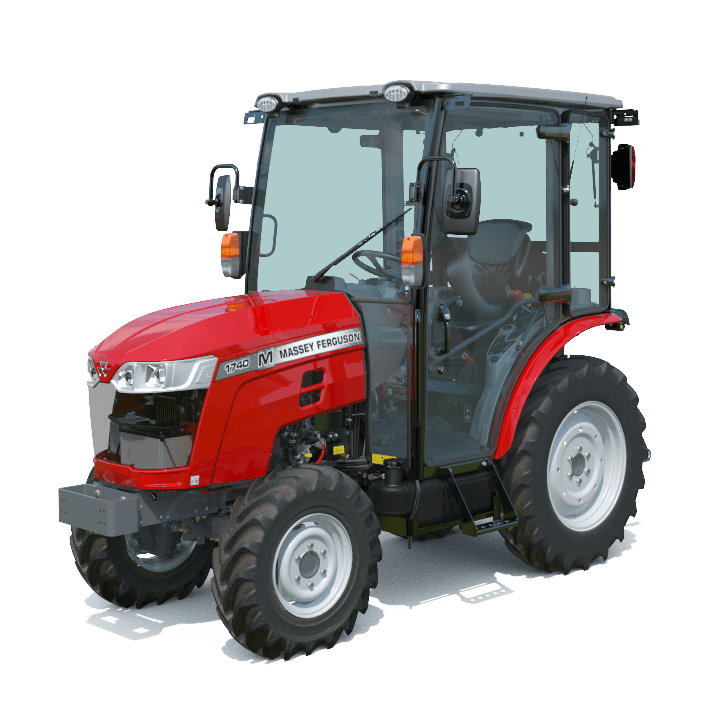
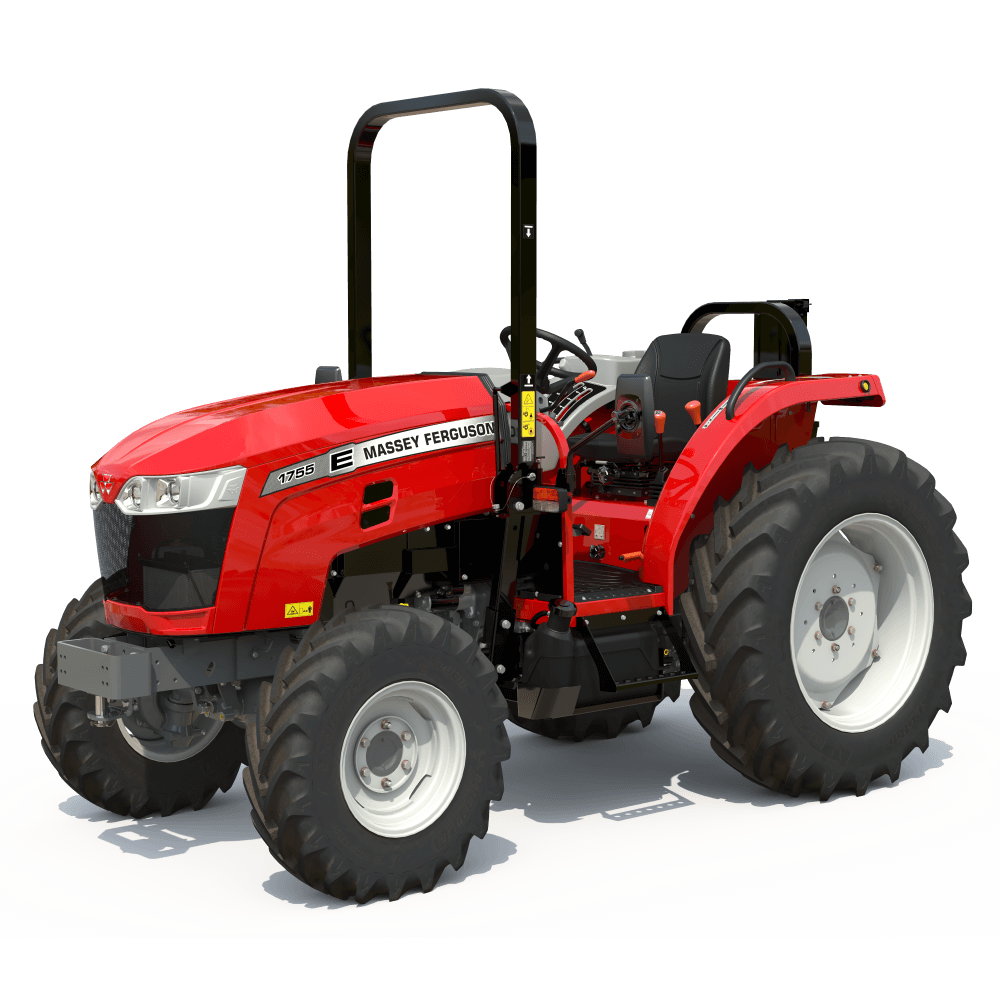

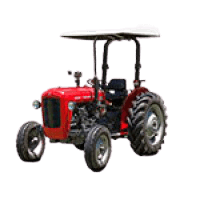
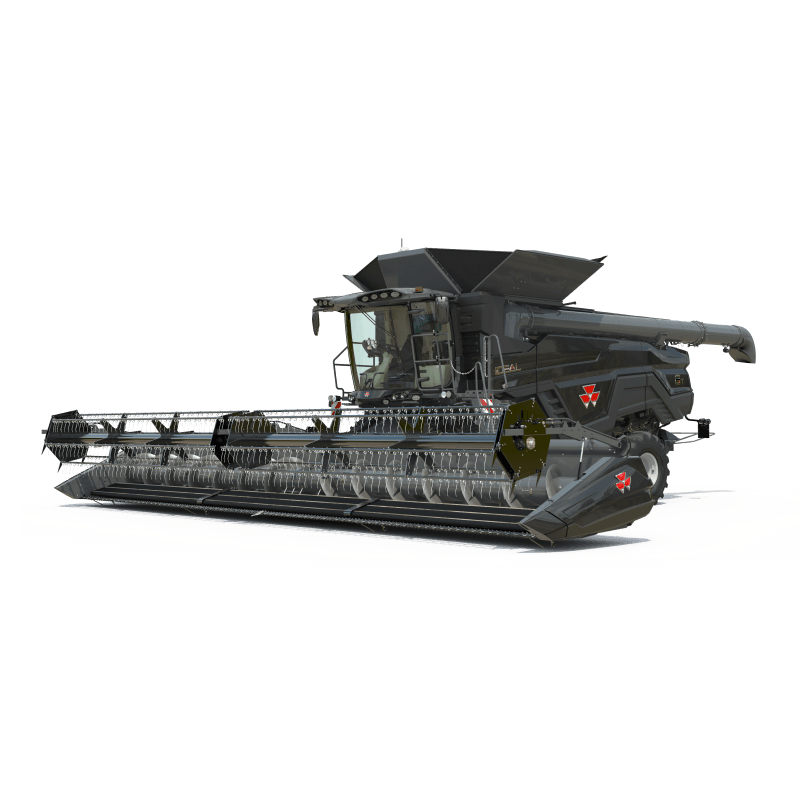
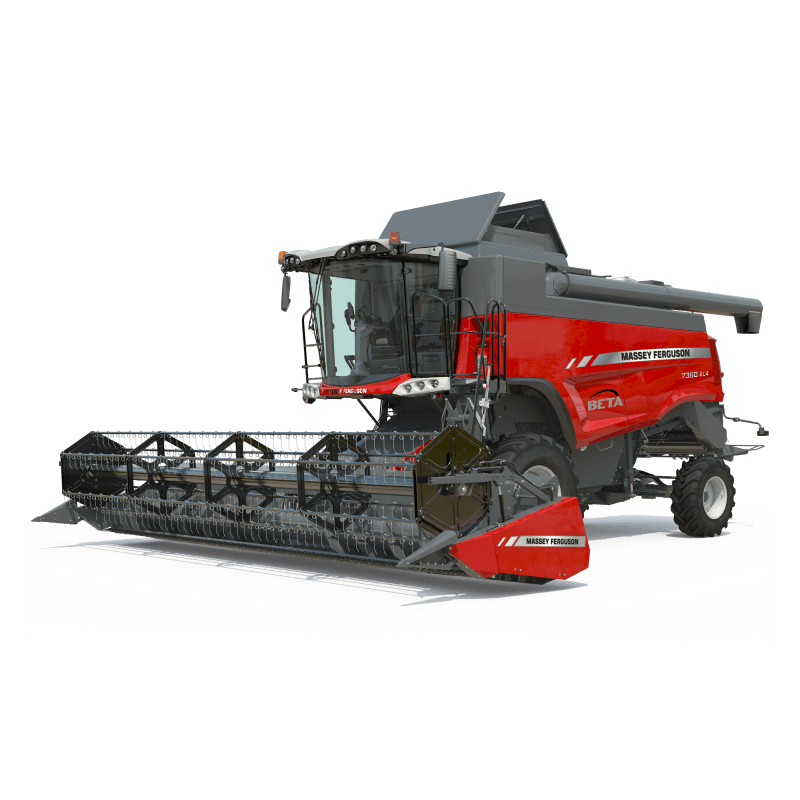
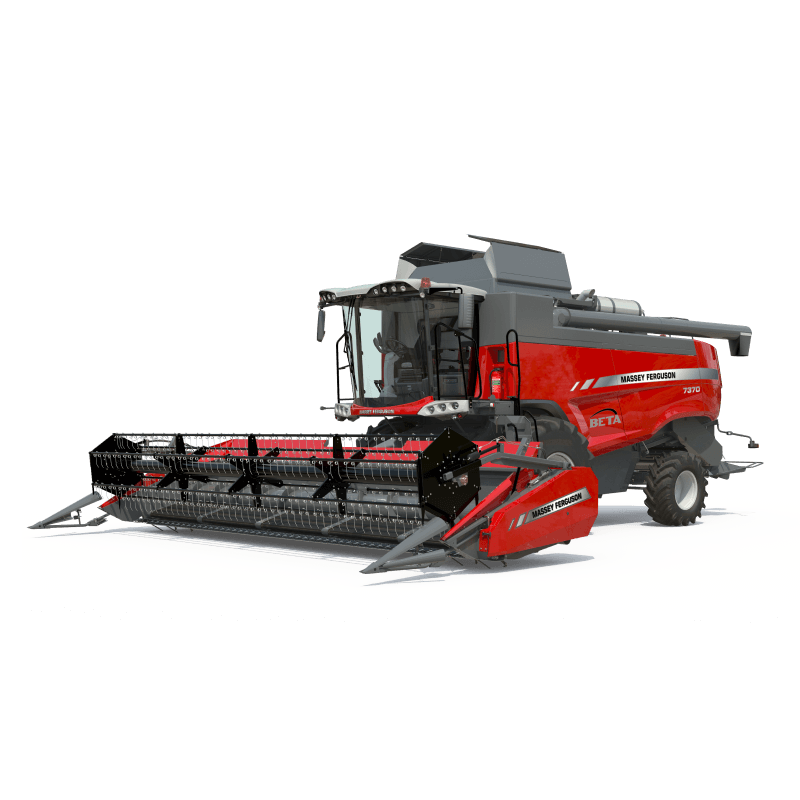
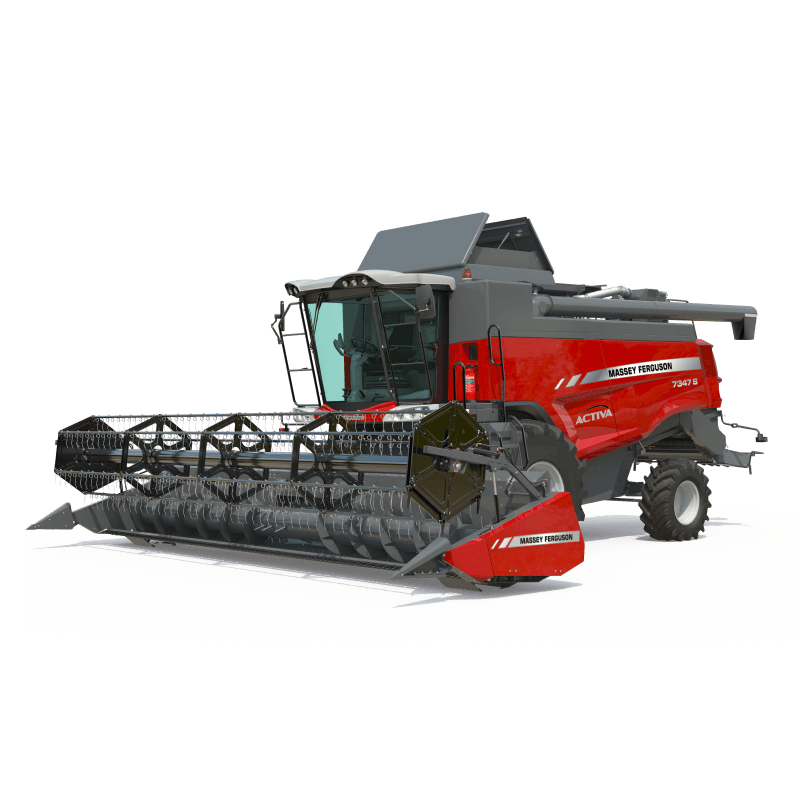
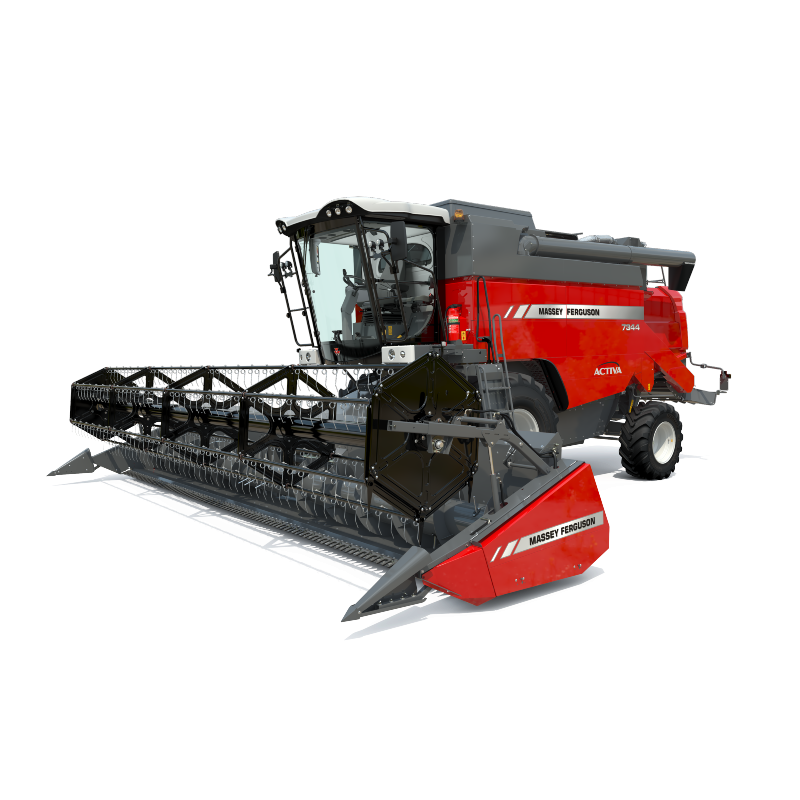
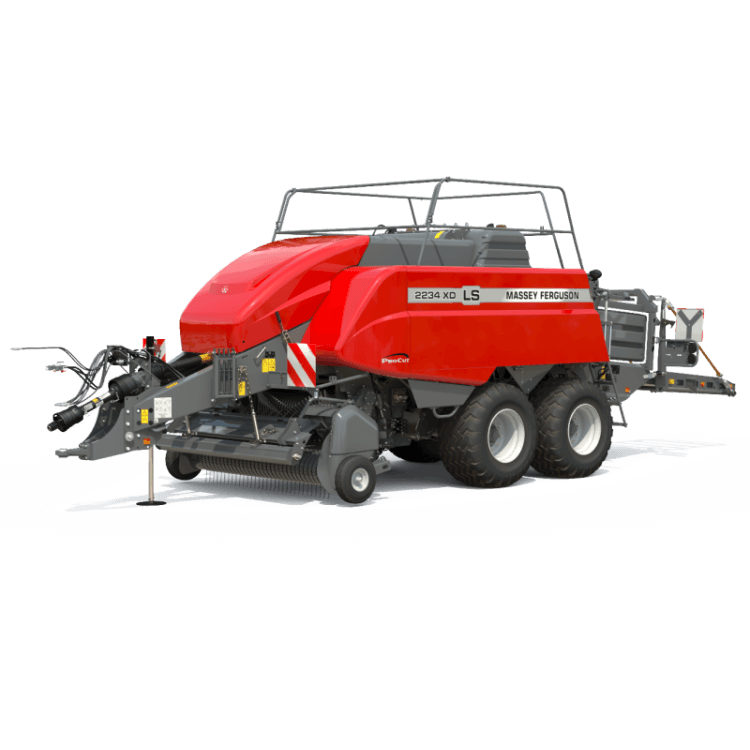
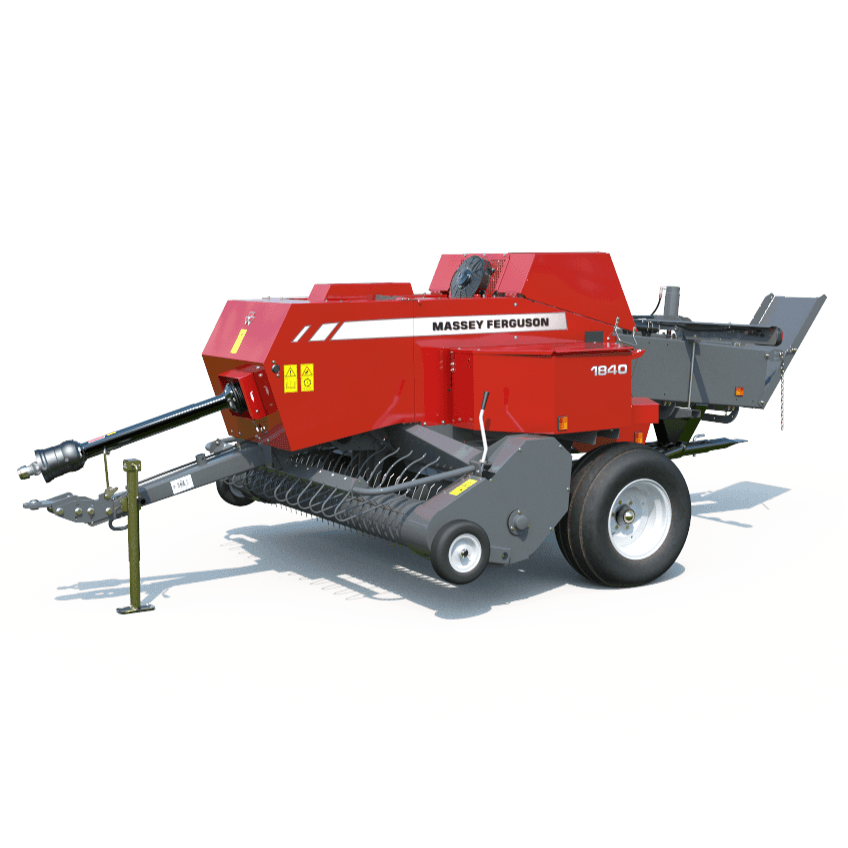
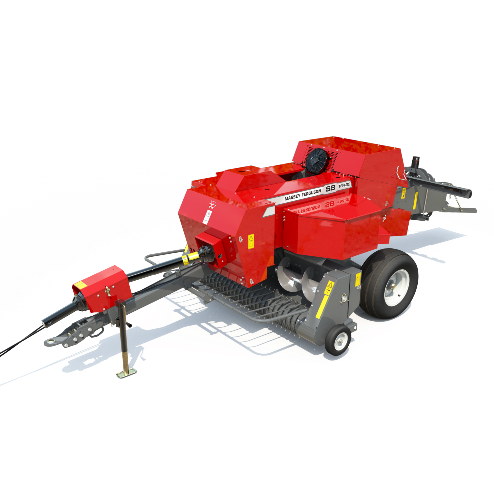
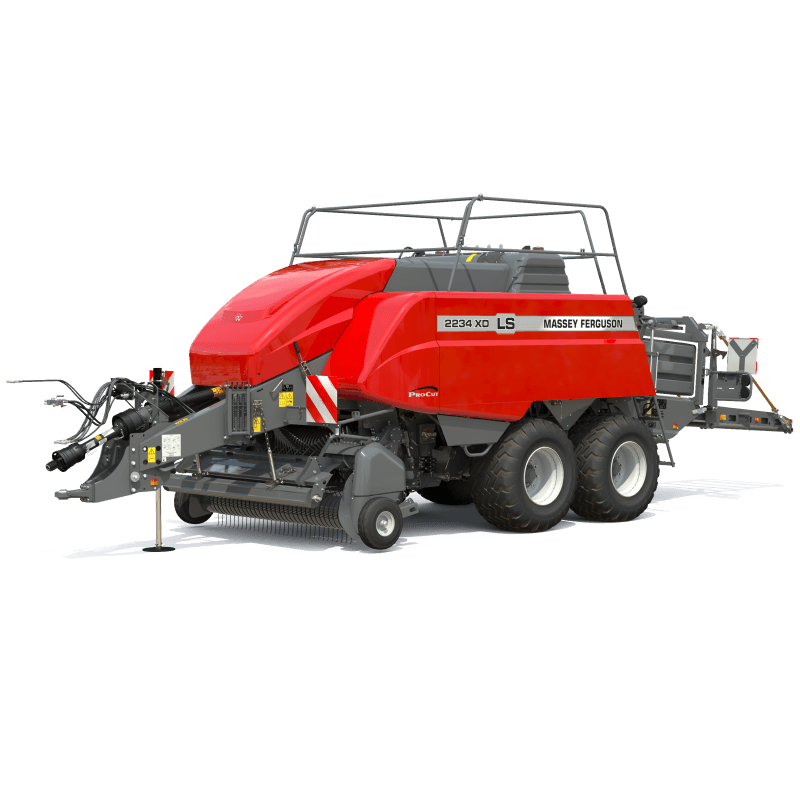
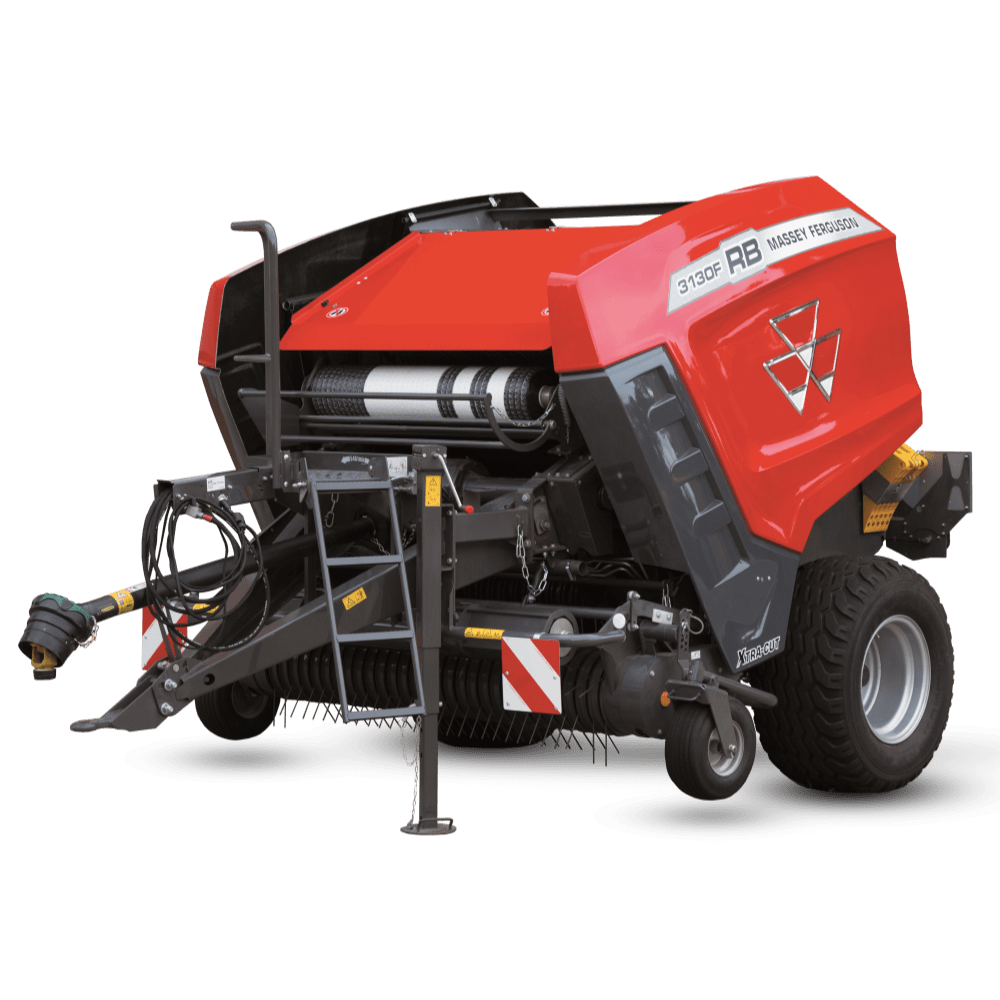
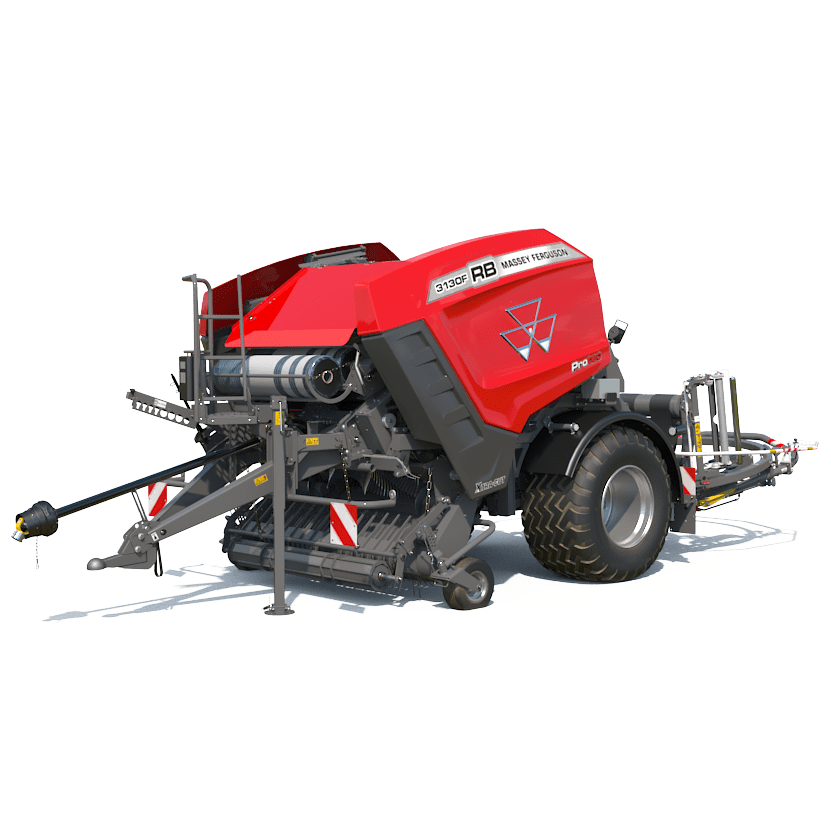
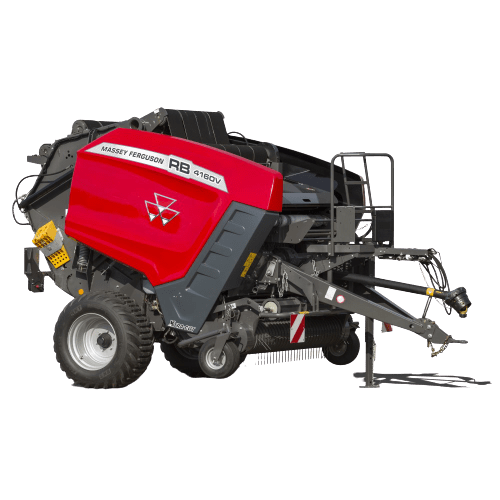
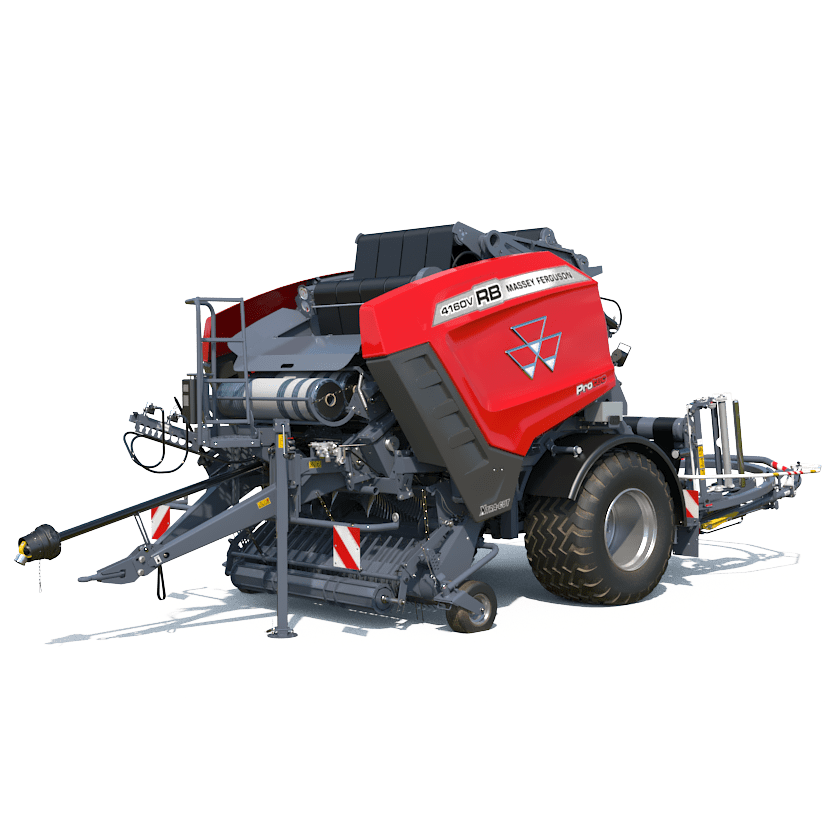

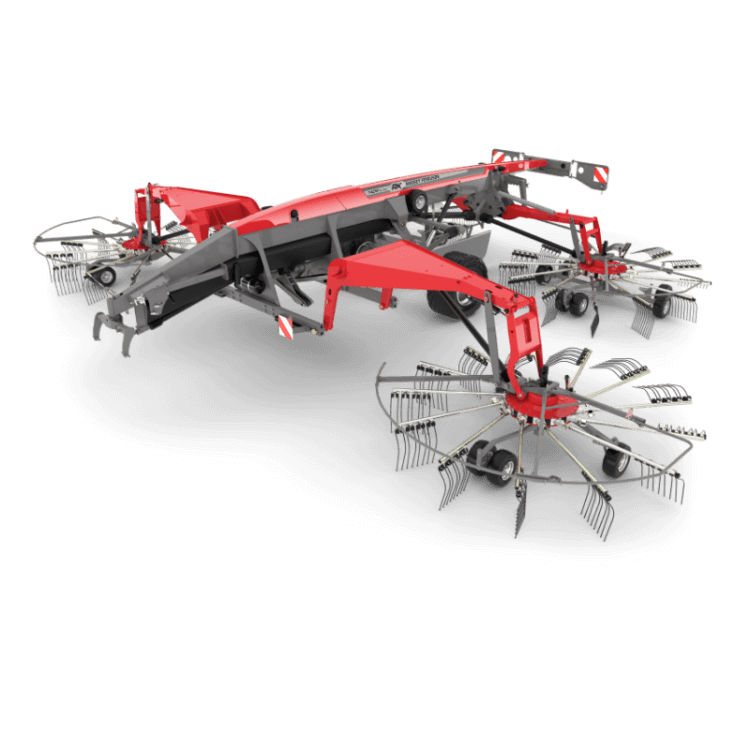
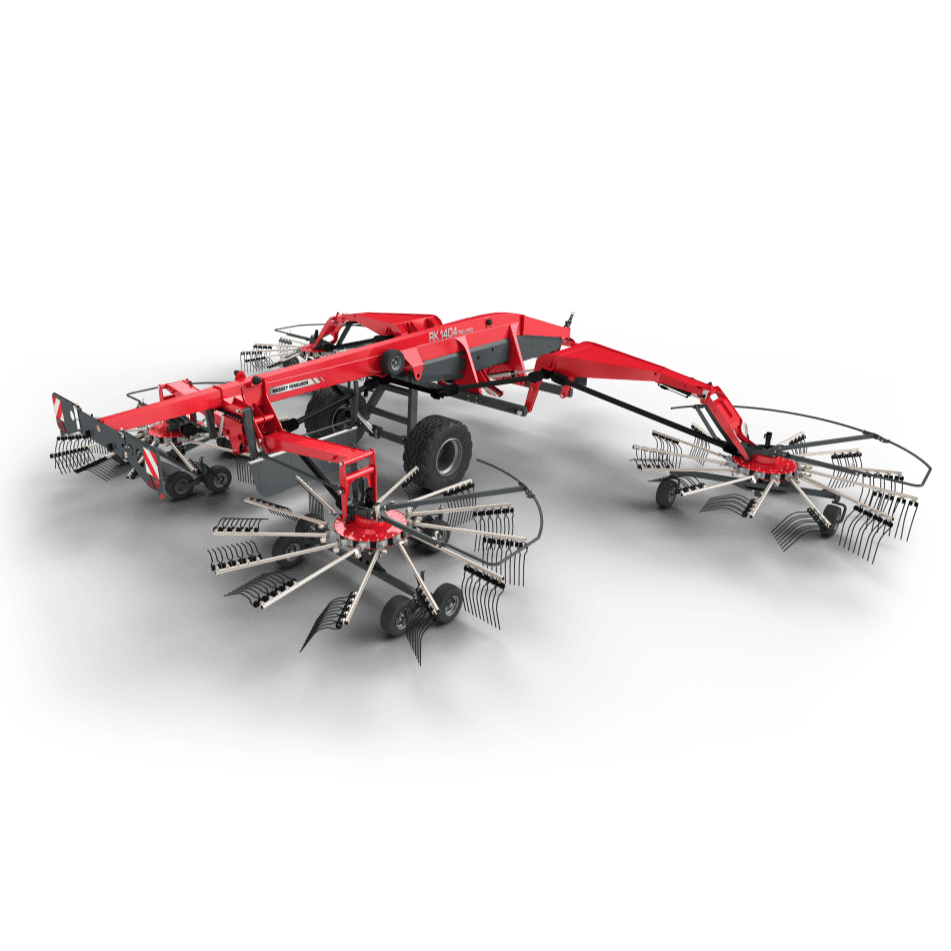
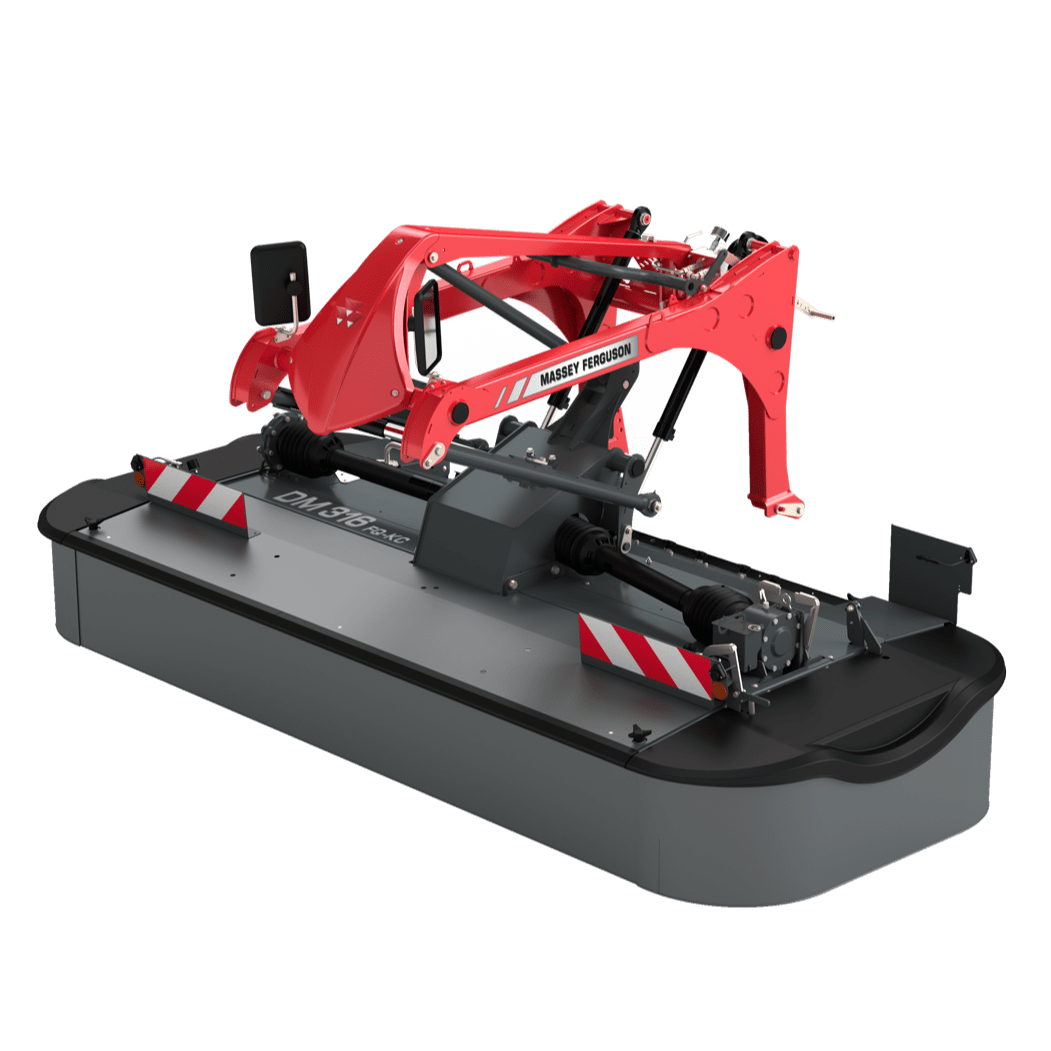
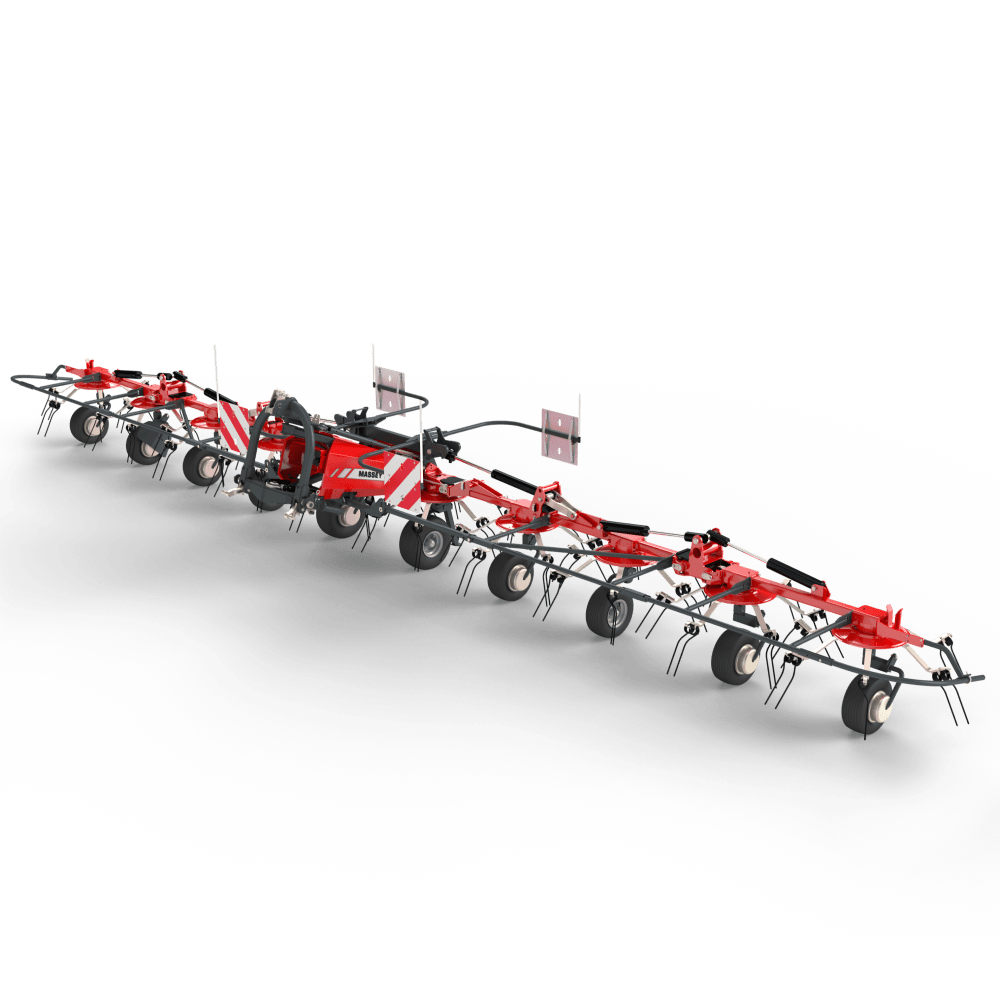
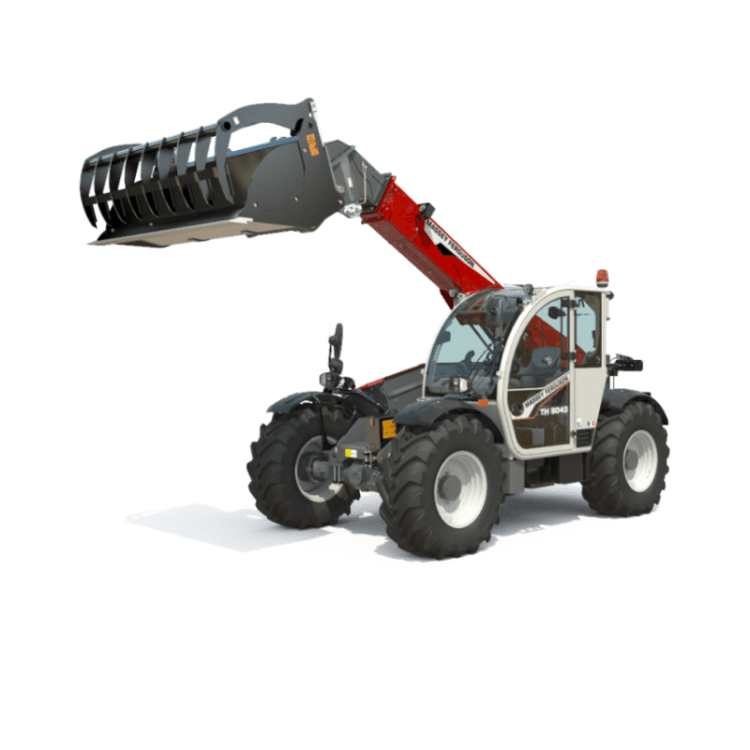
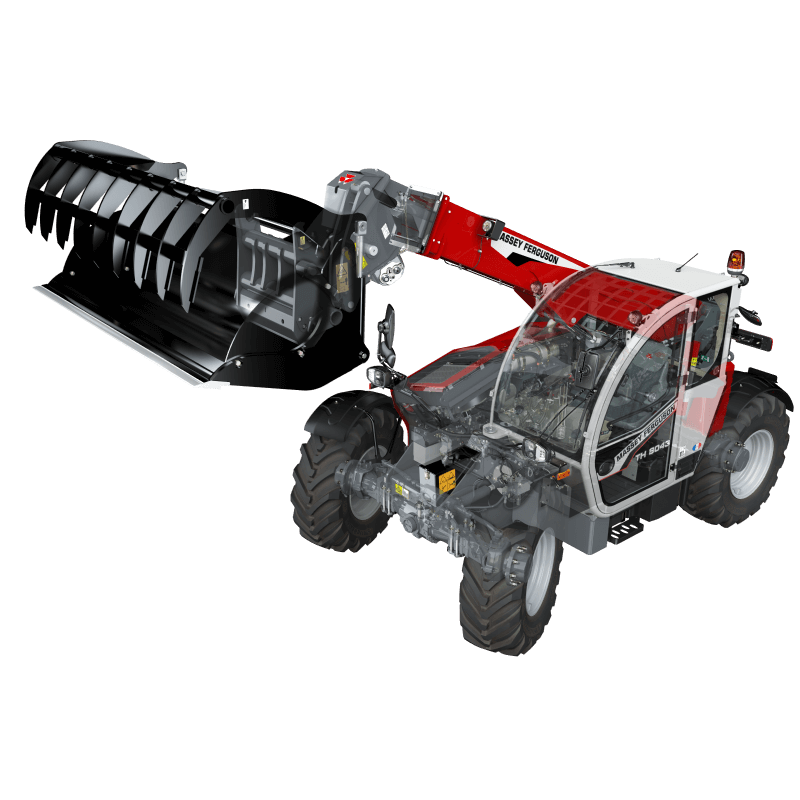
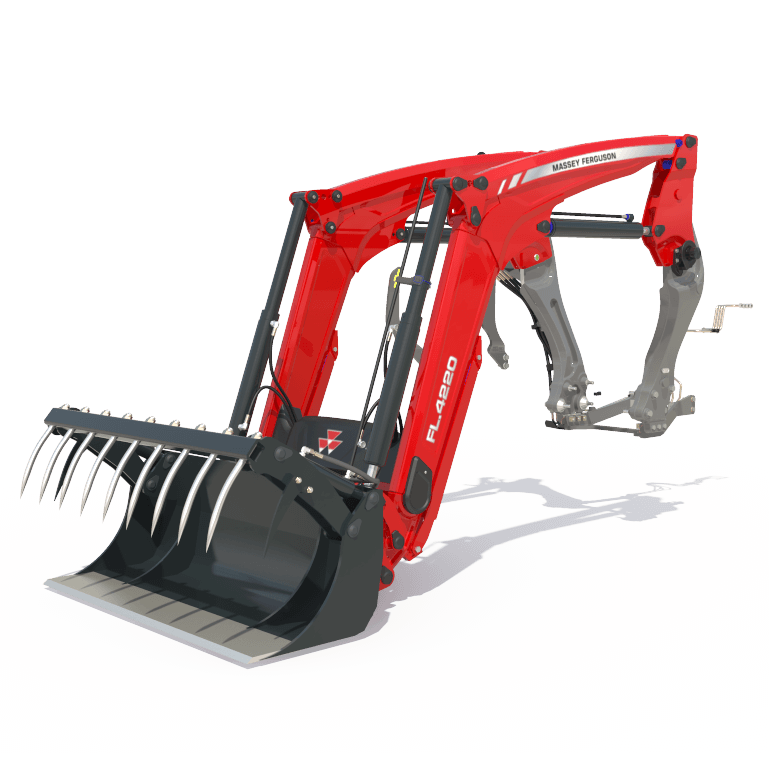
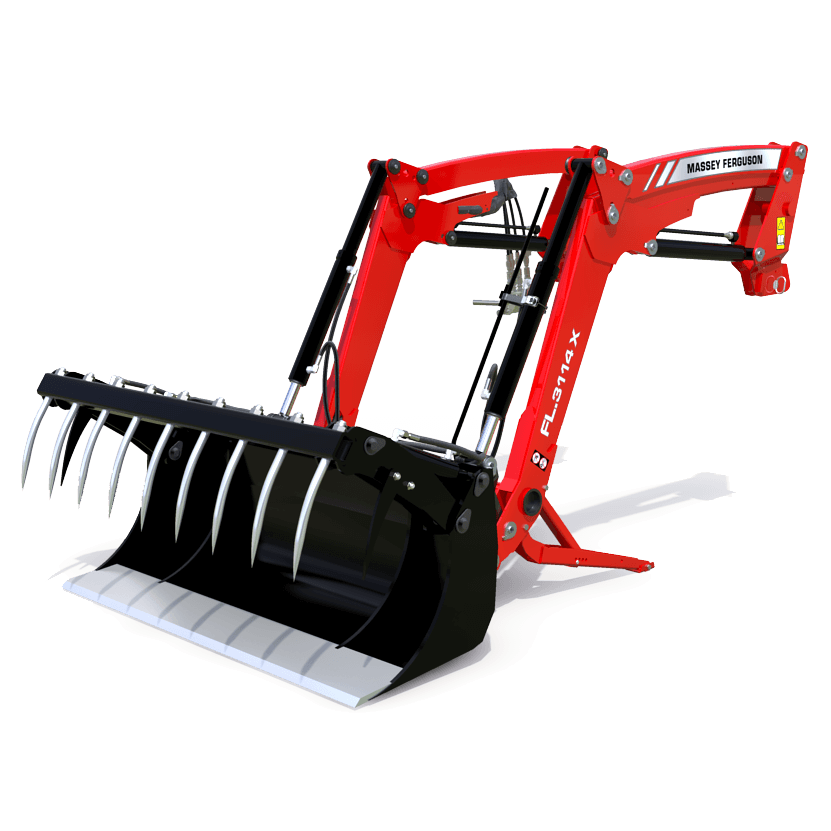
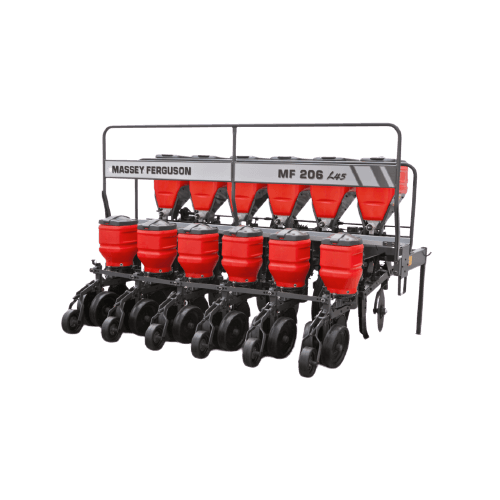
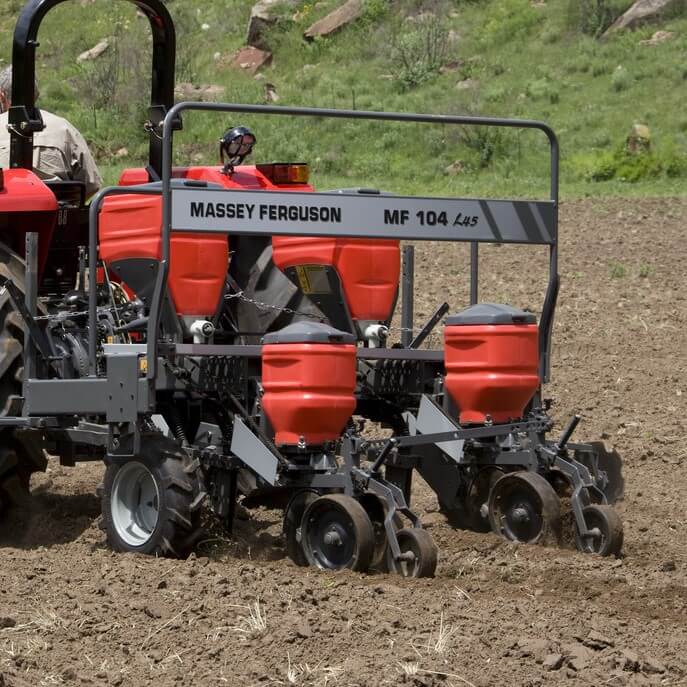
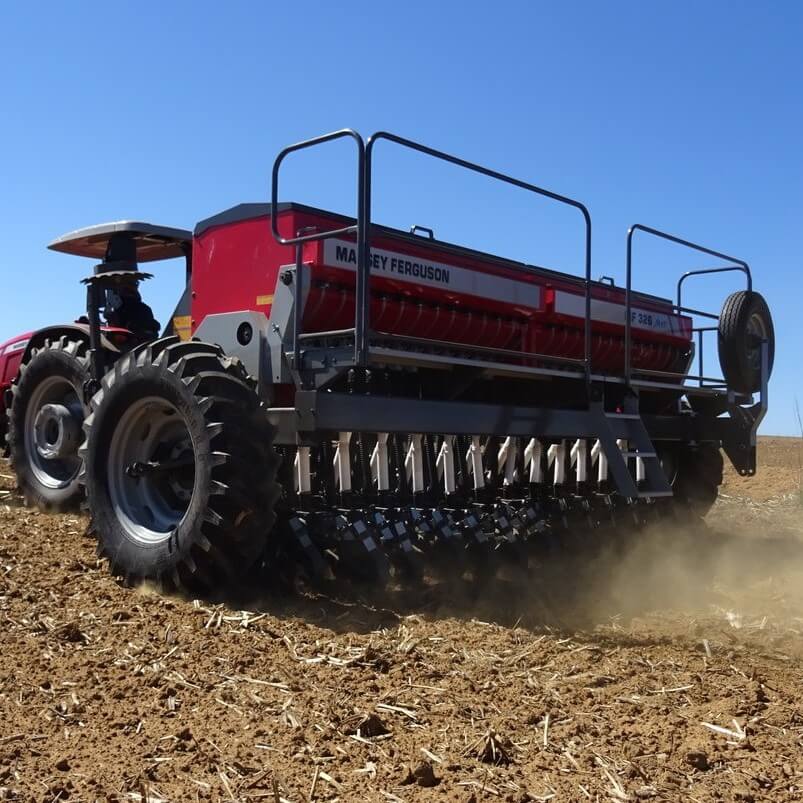
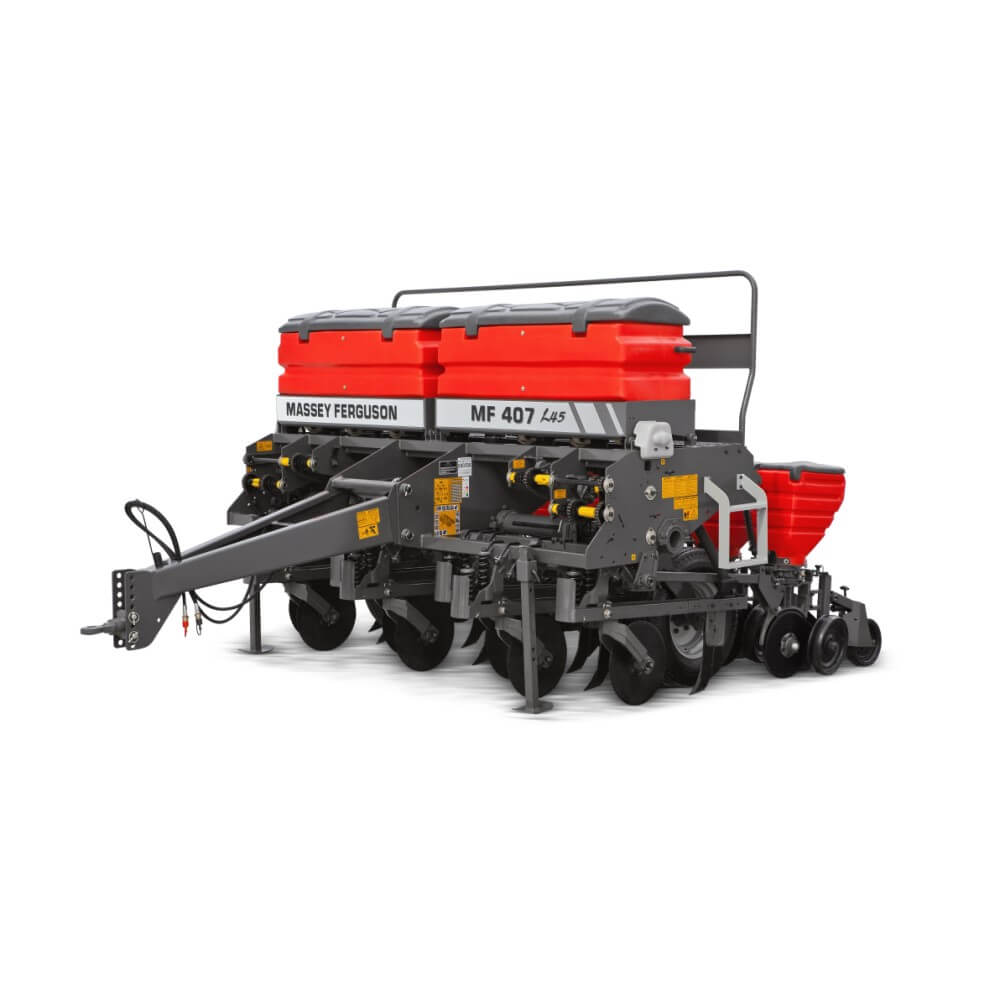
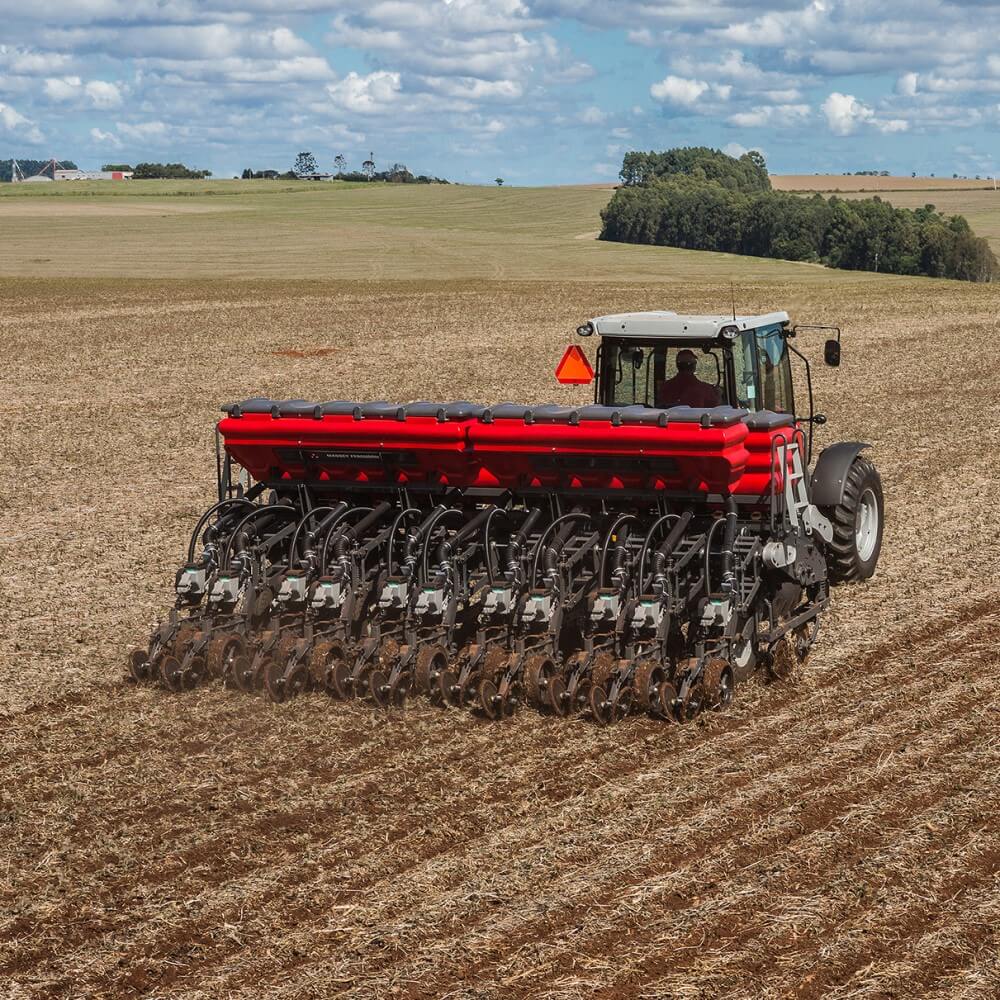
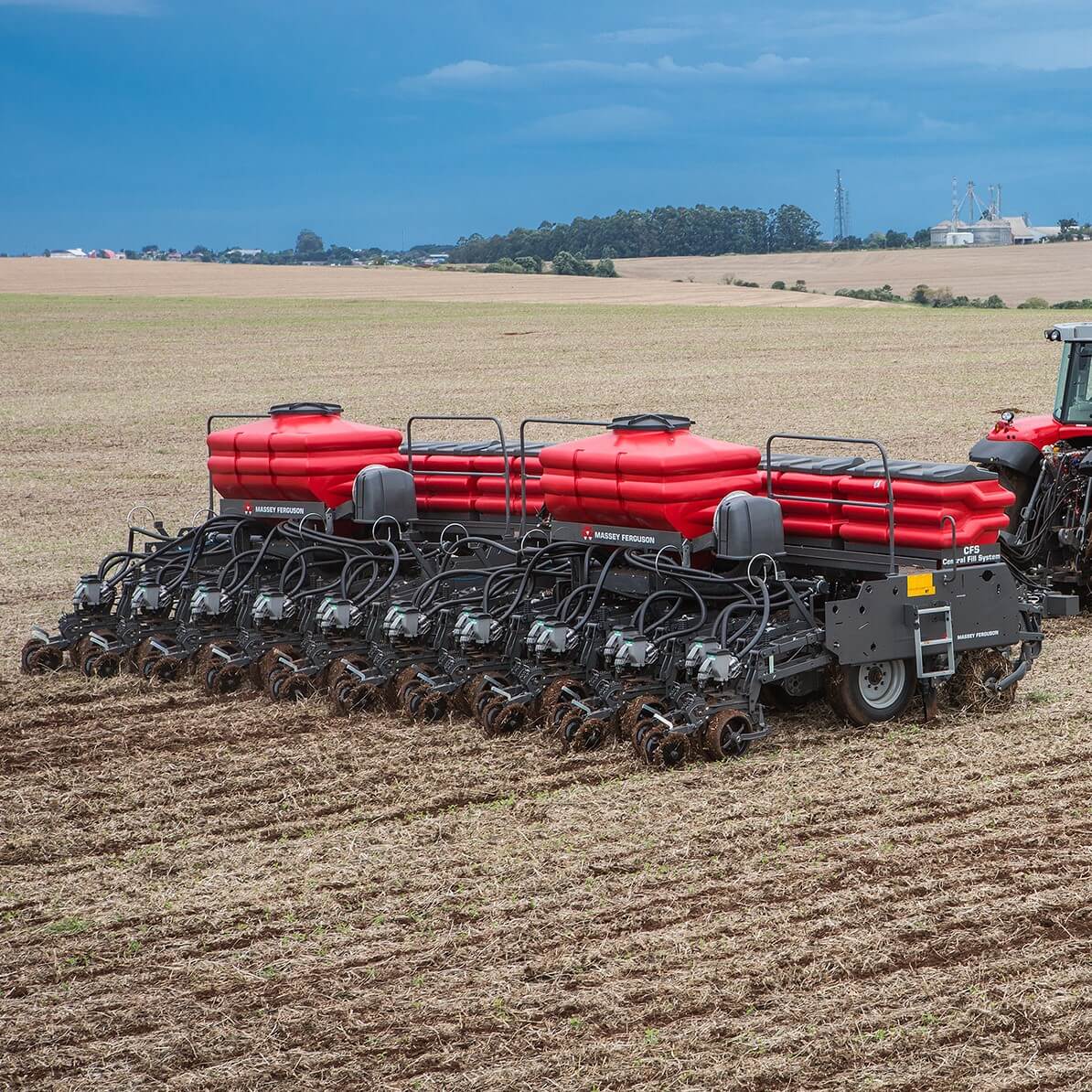
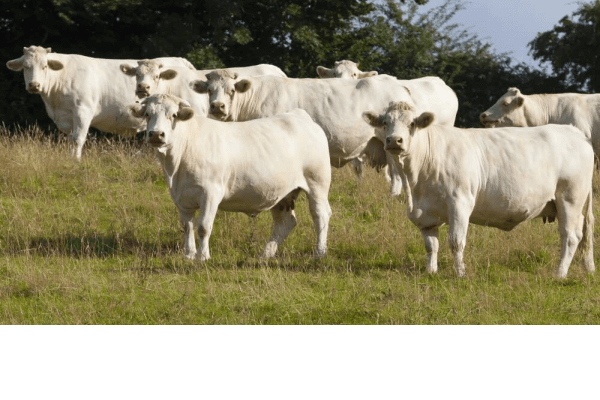
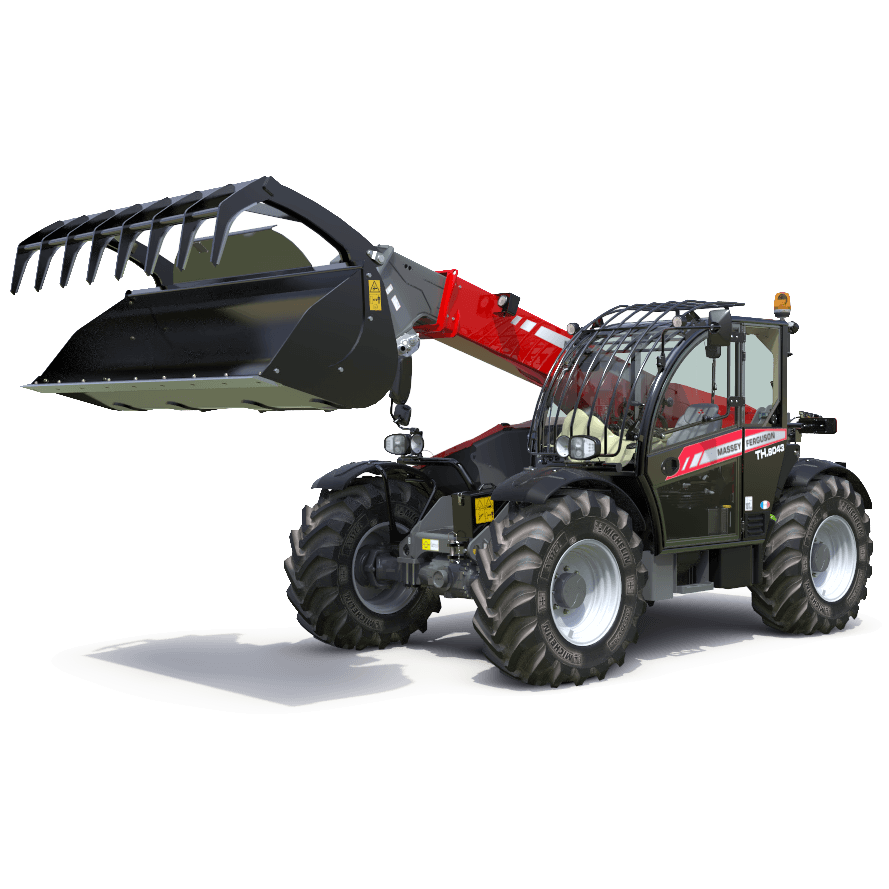
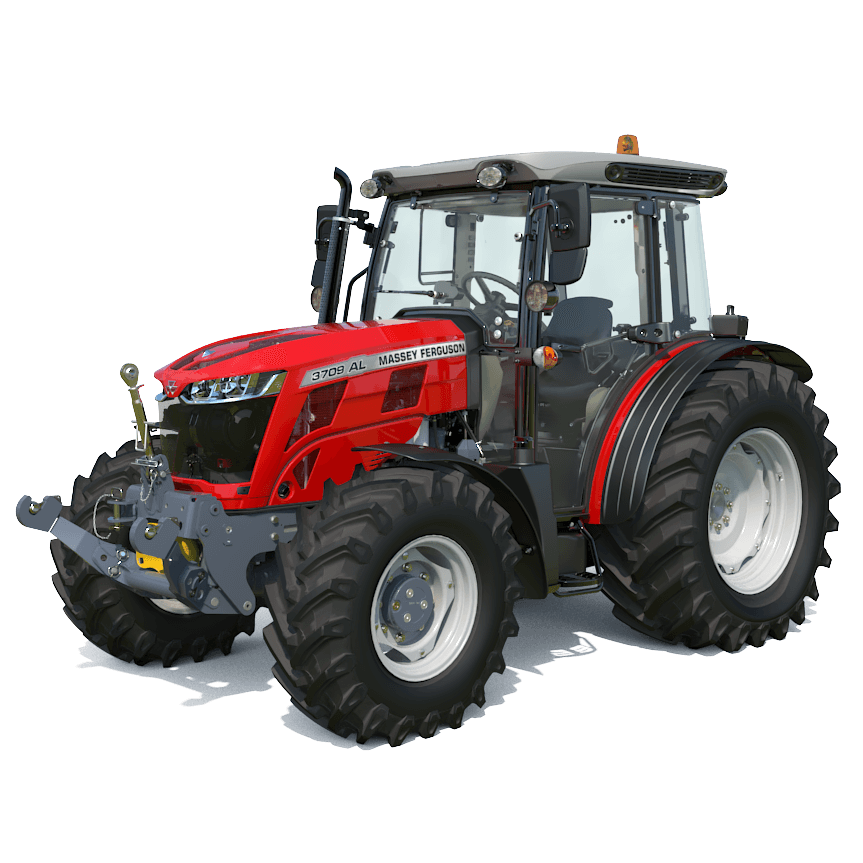
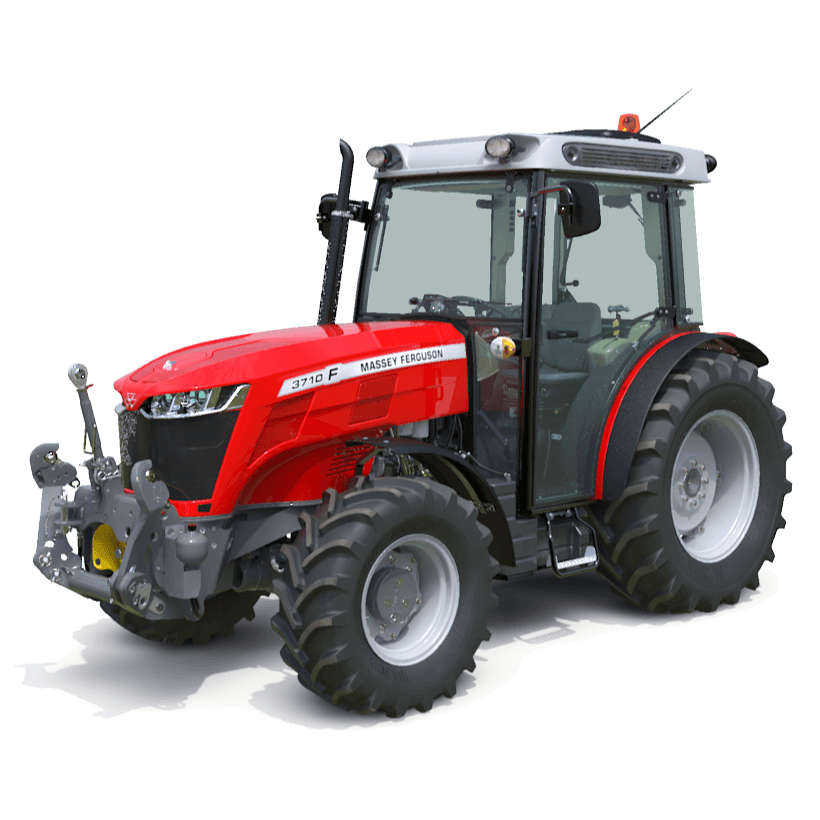
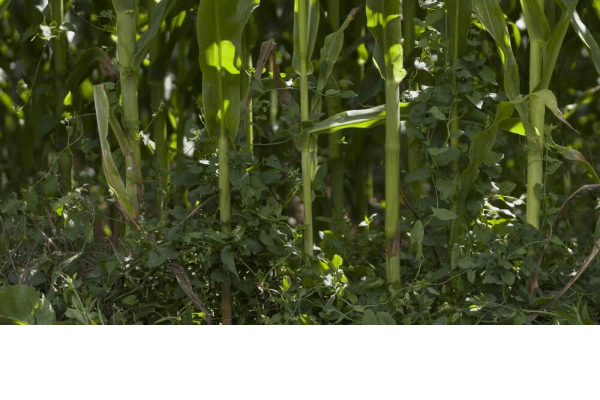
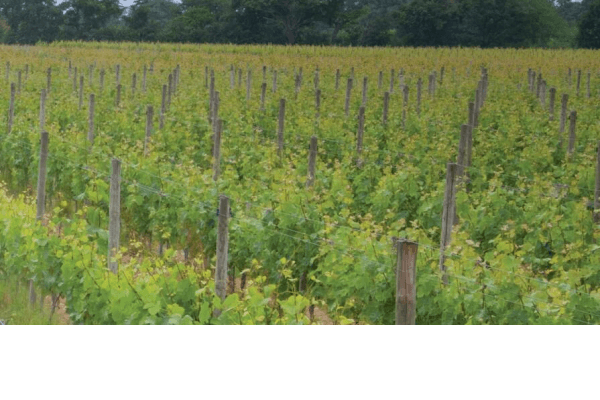
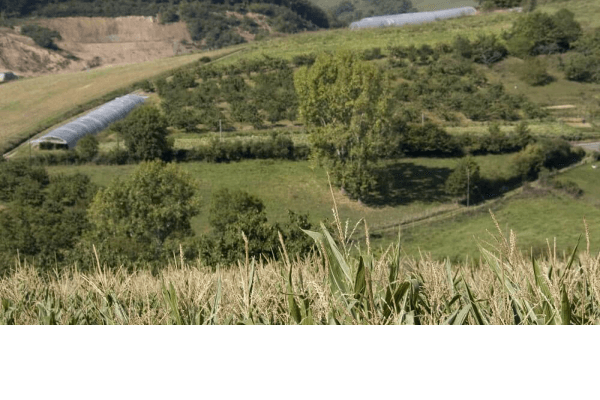
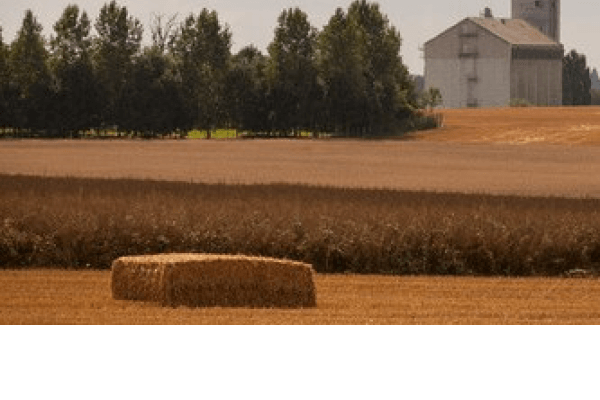

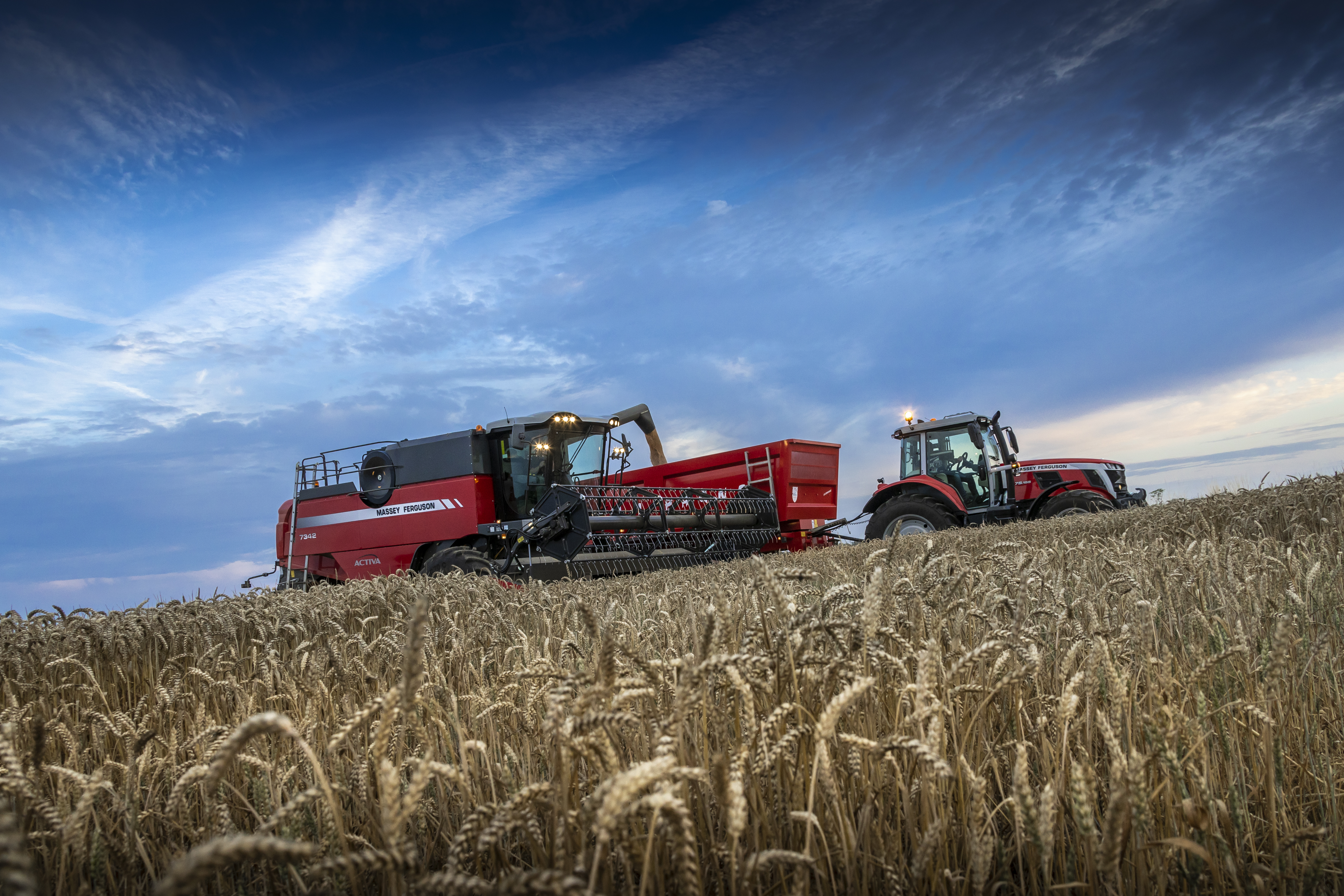
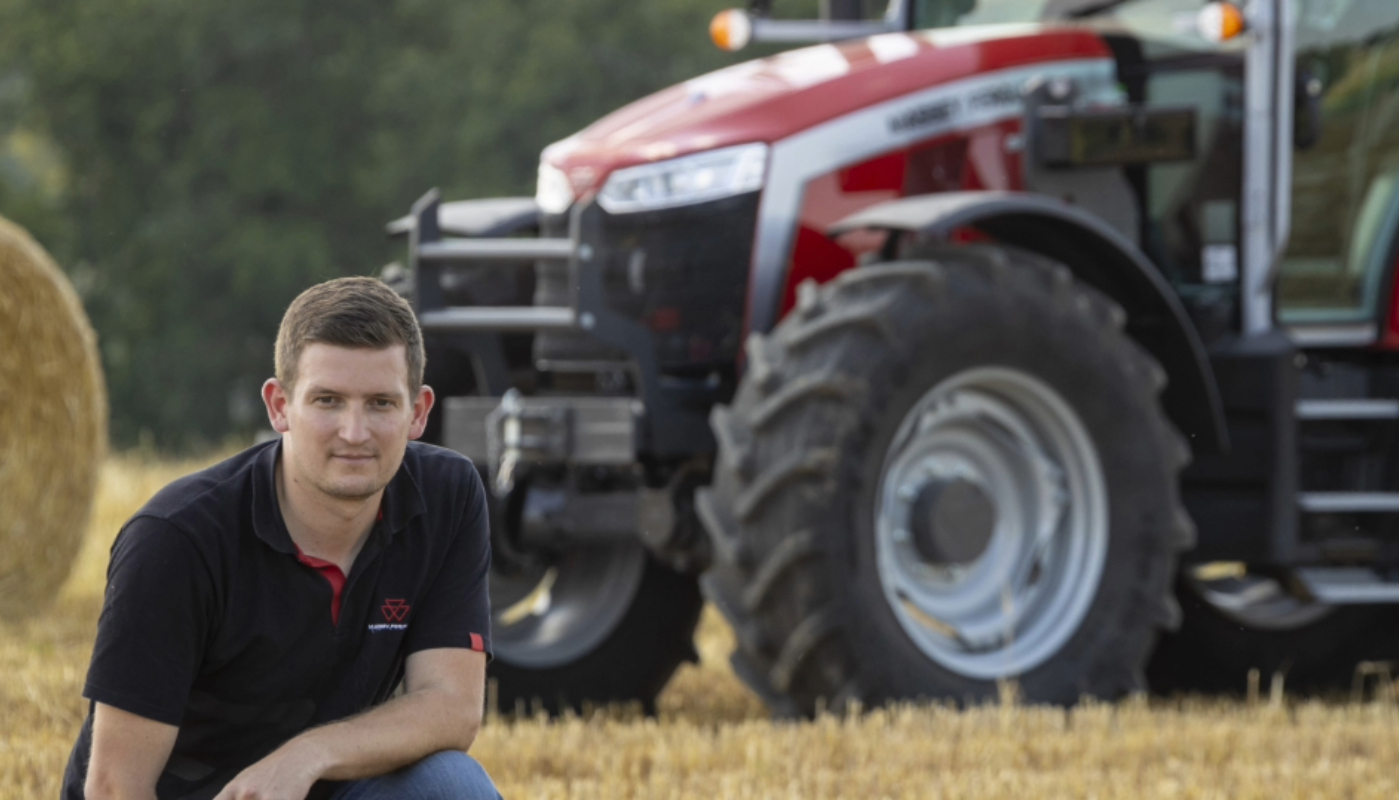

Share